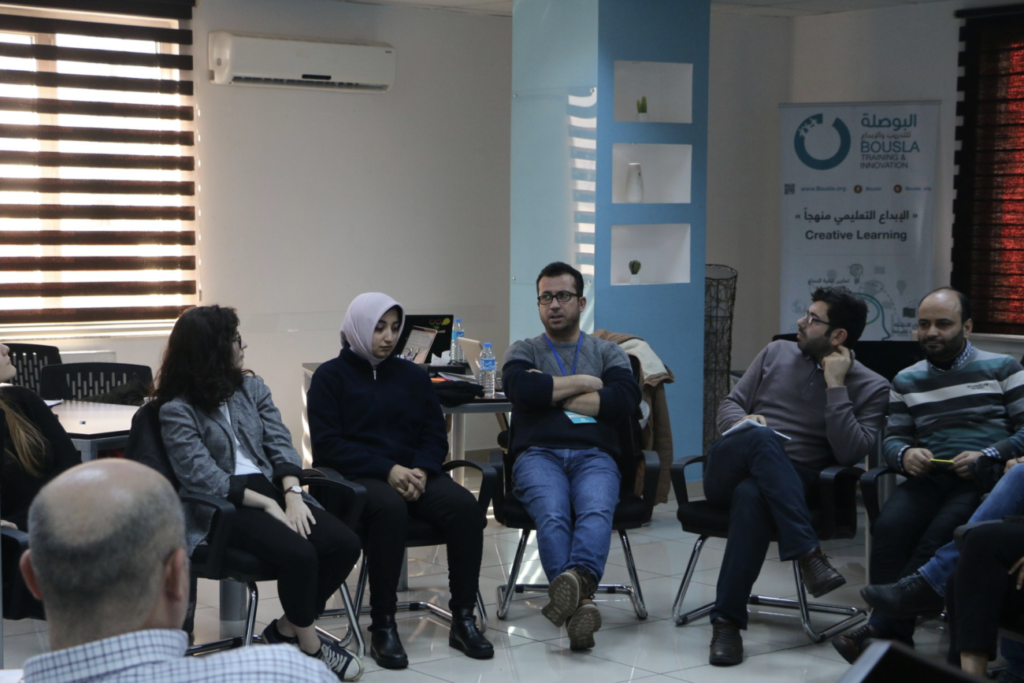For these past thirty years, a process of professionalisation has progressively spread in the humanitarian and development sectors, directly impacting NGOs, their recruitment, and work. This trend affects most of the organisations providing humanitarian responses around the world. The sector no longer relies on volunteers who give their time to save the world, but on professionals, educated and trained to work in this sector, with specific skills in strategic planning, donor relations, fundraising, proposal writing, project management, monitoring and evaluation, operations, and sustainability, among others. This process of professionalisation has been accentuated by the pressure to secure funding in line with the requirements of donors. Indeed, as donors require greater accountability and efficiency, the reports and proposals NGOs produce have become increasingly technical and ask for organisations’ staff to possess specific competencies and knowledge. This situation creates a new need in the humanitarian sector for capacity building. Capacity building enables people to acquire and enhance knowledge and skills. This is not only beneficial at the individual level, but also at the institutional level, capacity building makes the organisations more sustainable, efficient, and better equipped to accomplish their work.
Capacity Building: What’s the point?
The Capacity Development (CD) department at TRUST has been created to respond to this need. The team works at three different levels. First, the department plays a role within TRUST, conducting internal workshops to support the organisation’s own research and fieldwork. Our various departments interact, yielding a transfer of knowledge and experience to enhance learning internally as well as for external stakeholders. For example, our operations department recently benefited from a workshop about Best Practices when conducting fieldwork related to Protection and Gender Based Violence (GBV), issues that are central to many of Trust’s projects. Working on protection-related assignments in the field can be challenging, due to the sensitivity of the topics discussed and vulnerability that survivors face. This training focused on the best practices necessary to conduct ethical data collection for projects related to GBV, a valuable skill for our enumeration teams.
Professional training workshops across MENA
The department also organizes training workshops that are open to anyone who is interested. These workshops take place in different cities, not only in Turkey, but also in Iraq, Jordan and Lebanon and are available in English,
Arabic, or Turkish. The topic of the training is decided based on the identification, by TRUST’s team, of a specific need in the sector. The trainers, TRUST staff or external consultants, have years of experience in the sector and are directly involved in the design and organization of each workshop. All training sessions are highly interactive and adapted to the specific context of the region. Trust’s last open training, that took place in Gaziantep in January 2020, enabled the participants from organisations like CARE International or WHH to learn more about Project Management and receive a certificate for the completion of the course. So far, TRUST has selected trainers from Lebanon, Jordan, Syria, Turkey, Egypt, Kenya, Nigeria, South Africa, Canada, Ireland, the UK, the USA and India.
Bespoke training solutions for local and international organisations
Finally, the capacity building department delivers training in response to specific needs identified by NGOs, INGOs or International Organisations and their employees. Since the creation of the CB department, TRUST has provided specific trainings for a variety of clients including the UN, NGOs, INGOs, businesses, and international organisations, which are involved in the humanitarian response in the countries in which we work. For these organisations, we delivered dozens of workshops on topics such as Proposal and report writing, Qualitative data collection and analysis or, Communication and advocacy. Some of our clients who have directly received personalized training services include UNDP Iraq, GIZ Turkey, WHH, Rania Queen Foundation in Jordan, Mercy Corps in Lebanon, Building Markets and Chamber of Commerce of Gaziantep in Turkey, to name few.
Since the beginning of 2020, the capacity building department has been working on new projects and hopes to expand its work and offer even more training courses for this new year. As the humanitarian sector keeps evolving, our capacity building department will continue to adapt to the needs of the field and offer new opportunities to individuals and organisations to improve the quality and effectiveness of their work. For more information on our past and upcoming capacity building workshops, visit our Capacity Building page.

About the Author: Perrine Salle has been interning with Trust’s Capacity Building Department since January 2020 as part of her Master’s degree in International Relations from the University Paris 1 Panthéon-Sorbonne.


